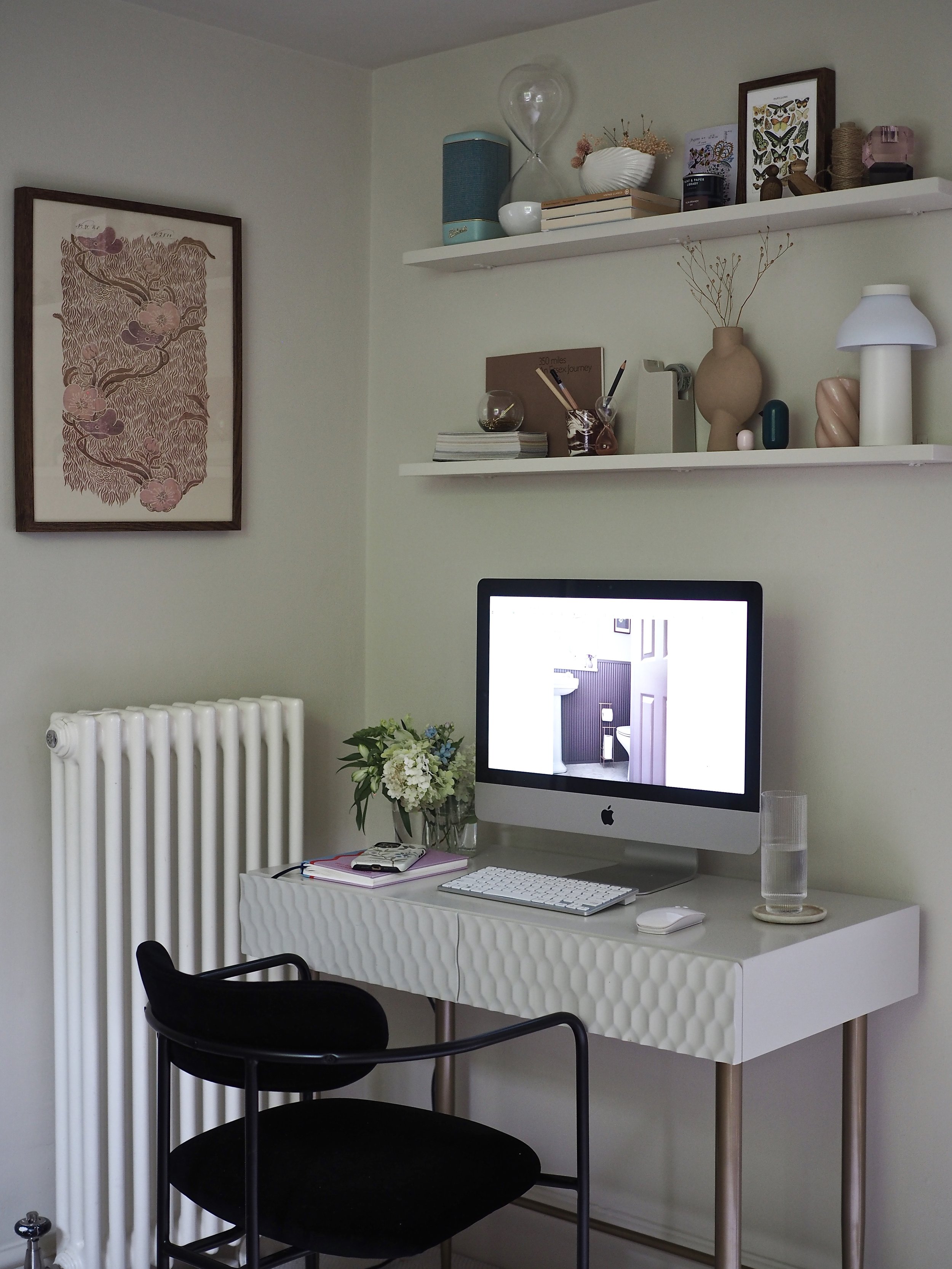A Homeowners' Guide to DIY Electrical Repairs: Safety Tips and Guidelines
Featured Partner Placement Post
If you own a home, it's helpful to know a bit about fixing electrical problems so you can handle minor issues and make improvements without always needing to hire an expert - but remember to be careful and put safety first when doing electrical repairs yourself.
In this simple guide, we'll give you easy-to-understand safety tips and guidelines to ensure your DIY electrical projects are safe. We'll explain the basics of electrical systems, help you decide which repairs you can handle, and show you the necessary safety measures. Our goal is to give you the confidence to do tasks like changing light fixtures or switches on your own.
Understanding Electrical Basics
Before attempting any electrical repairs on your own, it's vital to understand the fundamental ideas. Electrical systems include circuits, outlets, and wiring. Circuits are like paths that electricity flows through to power devices and appliances. Outlets, also known as receptacles, are where you plug in electrical devices. Wiring acts as the conductor, carrying electricity from the circuit to the outlets. Understanding these components can aid you in efficiently diagnosing issues and conducting repairs securely. Always follow guidelines when working with electricity. Additionally, ensure that your property's electrical system is equipped with a reliable and safe junction box, such as the BA-ALR-58 Aluminum Recessed with Hidden Flange, which provides added protection and organization for your electrical connections.
Assessing the Scope of DIY Electrical Repairs
While DIY electrical repairs can save money, it's crucial to know your limits. Simple tasks like replacing light fixtures or outlets are usually suitable for homeowners. However, for complex issues such as main electrical panel work or intricate wiring problems, it’ll be necessary to contact a property maintenance company that provides electrical repair services. It’s important to remember that you should always prioritise safety and avoid taking on repairs beyond your comfort level. Professional electricians have the expertise and tools to handle complex electrical tasks safely and effectively. By recognising your limitations and knowing when to call for assistance, you can prevent potential hazards and ensure that repairs are done properly.
Essential Safety Precautions
When working with electricity, safety should be your top priority. Always wear appropriate safety gear, including insulated gloves and goggles, to protect yourself from potential shocks and injuries. Use the right tools for the job and avoid improvising with makeshift solutions. Before starting any electrical work, remember to turn off the power supply. Locate your electrical panel and switch off the circuit breaker associated with the area you'll be working on. For more complex situations, such as dealing with switchgear, consider isolating the entire circuit by turning off the main breaker. It ensures your safety by preventing accidental electrical contact.
To prevent accidents, you need to have a good understanding of wiring. Identify and label wires correctly to prevent confusion. Always use wire connectors to secure them together, ensuring they are tightly fastened. Loose connections can lead to overheating and pose a fire risk. Overloading circuits can lead to power failures and even electrical fires. Distribute your electrical load evenly across different circuits in your home. Avoid plugging too many devices into a single outlet and consider using surge protectors.
Equip your home with functional smoke detectors in key areas. Regularly check and replace batteries to maintain their effectiveness. Additionally, have a fire extinguisher readily accessible in case of emergencies and avoid storing flammable materials near electrical panels.
When to Call a Professional
While you may feel confident in handling basic electrical repairs, some situations warrant professional expertise. When dealing with intricate problems like issues with the main electrical panel or wiring, it is advisable to consult with a qualified electrician for assistance. Prioritising safety and seeking professional help when required will prevent potential hazards and ensure the job is done correctly. With these guidelines in mind, you'll be well-prepared to handle DIY electrical repairs and maintain a safe home environment for you and your family.
A moodbaord with unlaquered brass switches, sockets and light fittings.








